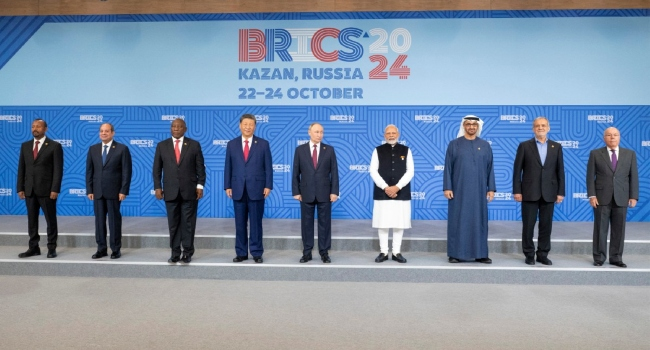
At the BRICS summit in Kazan, Russia, world leaders urged Vladimir Putin to seek peaceful resolutions to conflicts in Ukraine and the Middle East, exposing divisions between Russia and some of its closest partners. Putin used the summit, which gathered over 20 leaders, as an attempt to demonstrate that Russia is not isolated on the global stage despite ongoing sanctions and military setbacks. However, the Russian leader faced direct calls from key allies to end the war in Ukraine and de-escalate tensions in Gaza and Lebanon.
Chinese President Xi Jinping reiterated his call for an immediate ceasefire in Ukraine, warning against further escalation. “We must prevent any spillover from the battlefield and avoid fueling the conflict,” Xi said, emphasizing the need for diplomacy. Brazil’s President Luiz Inácio Lula da Silva echoed this sentiment, stressing that dialogue must replace war to avoid the risk of a global crisis. Iranian President Masoud Pezeshkian urged BRICS members to use their influence to bring peace to Gaza and Lebanon, where violence continues to escalate.
While Putin welcomed offers of mediation from some BRICS members, the Kremlin maintained its focus on military gains. Putin’s spokesman, Dmitry Peskov, said the Russian leader updated allies on “positive progress” by Russian forces in eastern Ukraine, even though neither side has achieved a decisive breakthrough in the conflict. Behind closed doors, Putin acknowledged his openness to peace talks but stressed that any negotiation would require concessions from Ukraine. Kyiv has repeatedly ruled out ceding territory as part of a settlement.
The summit’s joint statement expressed concern about “ongoing conflicts and instability” across regions. It criticized Israel’s military actions against UN personnel in southern Lebanon and called for the preservation of Lebanon’s territorial integrity. Meanwhile, Indian Prime Minister Narendra Modi added his voice to the chorus for peace, saying, “We support diplomacy, not war.”
Kyiv responded positively to the diplomatic pressure placed on Putin, with the Ukrainian foreign ministry asserting that Russia failed in its effort to use the BRICS summit to rally support for the invasion. “The summit showed that the majority of the world continues to stand with Ukraine for a just and sustainable peace,” the ministry said.
Amid calls for de-escalation, new reports of military movements heightened regional tensions. Ukrainian officials ordered the evacuation of children and families from frontline towns in Kharkiv, where Russian advances continue. Romania scrambled two F-16 jets after detecting drones near its airspace, marking the third such incident in a week.
The summit also served as a platform for BRICS members to promote a multipolar global order. Putin framed the forum as an alternative to Western-dominated international bodies like the G7. Xi and Modi, seizing the moment, held their first formal meeting in five years to discuss border disputes between their countries, underscoring the group’s focus on regional cooperation.
In parallel with the summit, the Biden administration announced plans to provide Ukraine with $10 billion in military aid as part of a broader $50 billion package coordinated with the G7 and European Union. President Biden pledged unwavering support for Ukraine, stating, “Russia will not prevail, and those responsible for this war will face consequences.”
The BRICS summit concluded with calls for a peaceful resolution to the conflicts in Ukraine and the Middle East, placing Putin under growing pressure to shift from a military strategy toward diplomacy. Despite Russia’s insistence on battlefield progress, the gathering highlighted the increasing impatience of Moscow’s allies and the international community’s demand for peace.

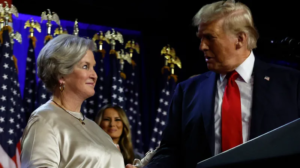
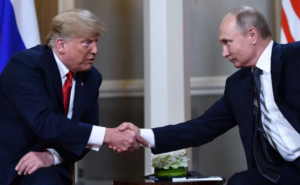
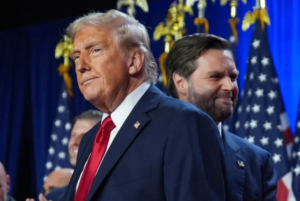

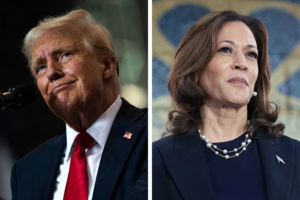
Be First to Comment